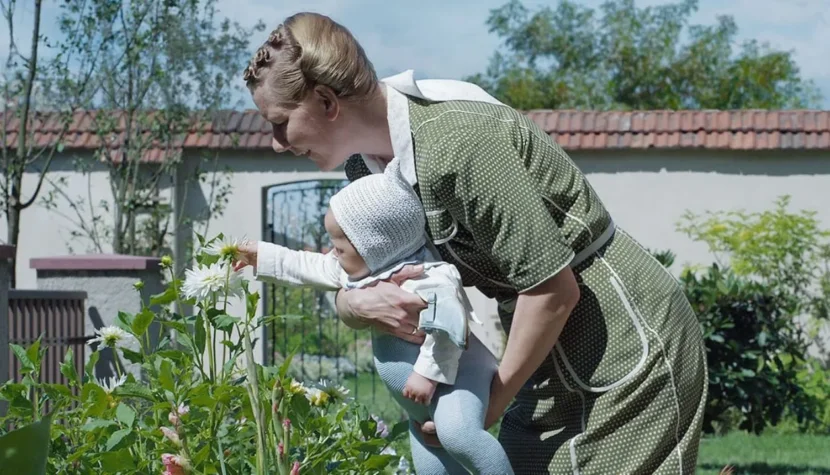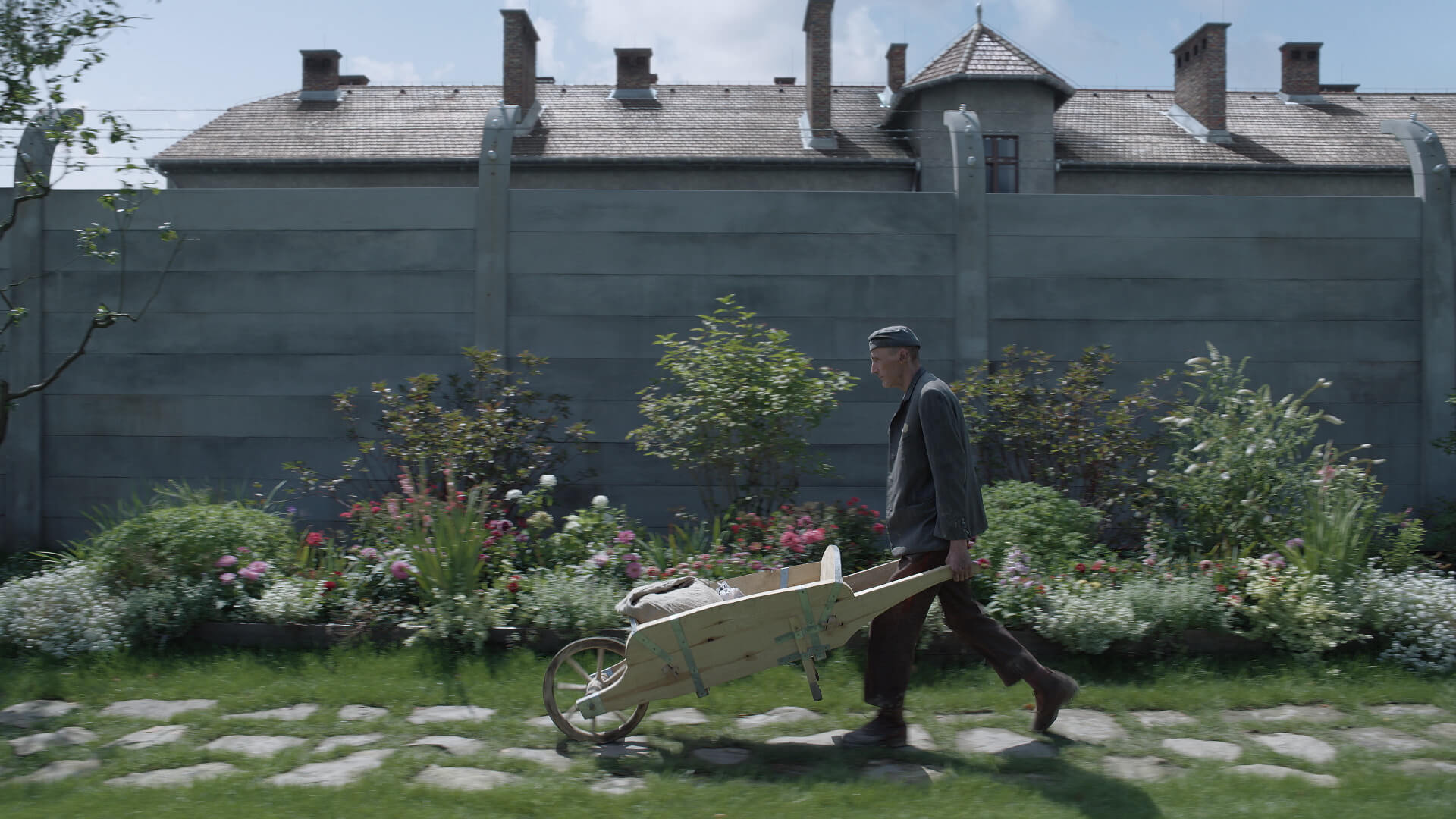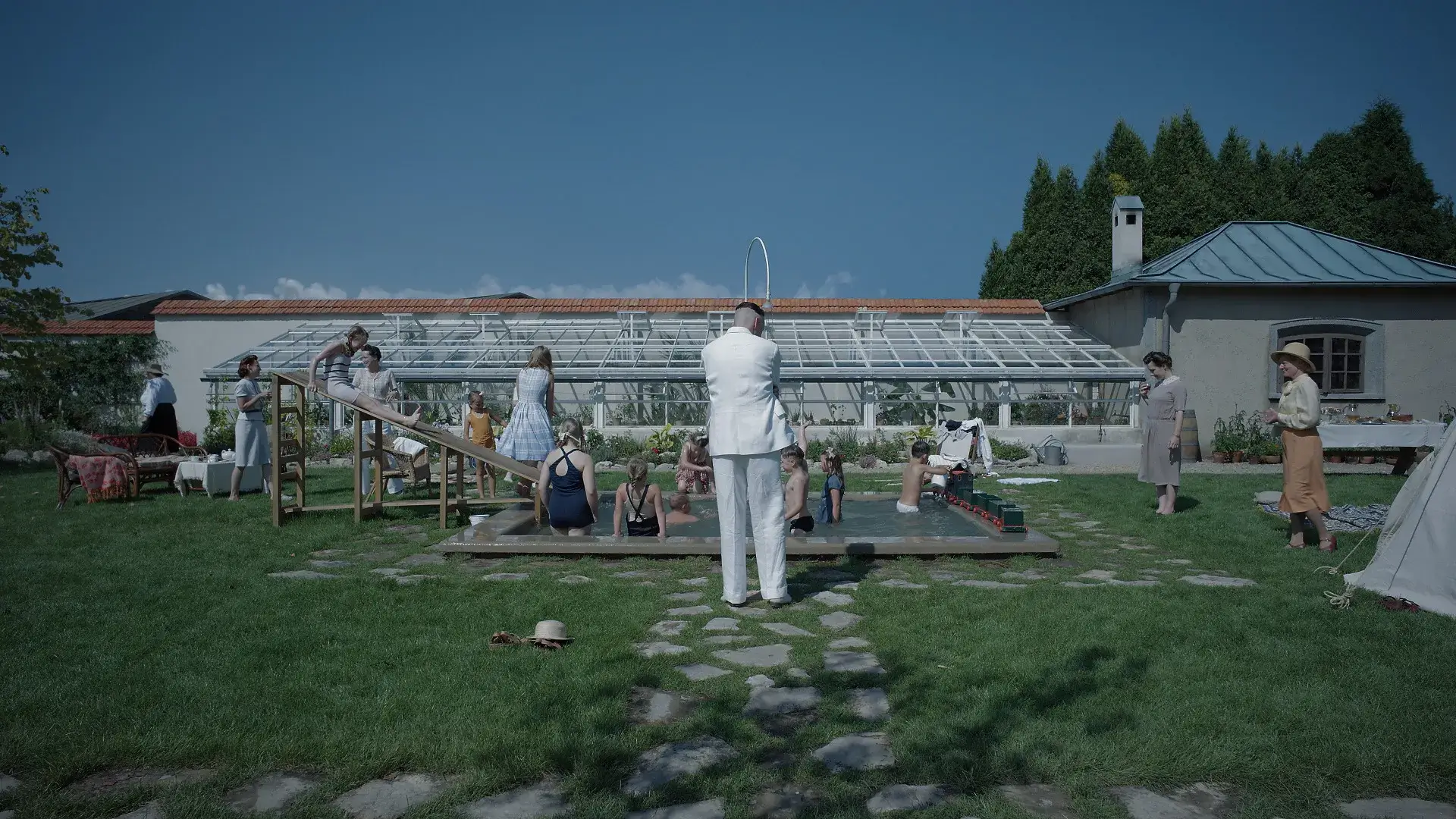Why is “The Zone of Interest” the simplest and simultaneously the most challenging film in the Oscar race

Who had an interest in creating this film? I think no one, considering its hermetic formula. I am convinced that many viewers of this film will not understand, which may seem strange because it probably couldn’t have been easier to make. “The Zone of Interest” is a cinematic paradox. On the one hand, it deals with immense pain, on the other hand, it does not allow the viewer to feel it on their own skin. The film is more focused on depicting the prose of life of a certain factory director… and I think I know why such a tactic was employed.
Some time ago I visited Auschwitz-Birkenau. I remember it was one of the most difficult moments to emotionally classify in my life. I walked through the space that gave birth to unimaginable evil. I walked almost feeling the pain of the former prisoners of this camp, almost hearing their screams. A true factory of death, leaving behind only memories. This stroll was not a typical sightseeing tour; it was like staring into the eyes of the devil himself. Yet, to understand the past suffering, my imagination had to be enough. Because the voices of despair have already gone silent, the chimneys have stopped spreading the suffocating stench of destruction – leaving behind only a deafening silence.
I have a feeling that the British creator, Jonathan Glazer, aimed precisely to evoke this effect. Believing in our intelligence, he presented before our eyes a creation that, while having everything, lacks one thing – literalness. He doesn’t overwhelm us with images typical of Shoah cinema, nor does he shape our emotions in the same way Steven Spielberg did in “Schindler’s List.” There, when we see a little girl among the crowd, the director indicates her presence with the color of her dress, so that we don’t lose sight of her, so that we don’t forget to be moved. The area of interest is different here. In this film, what happens within the frame is not as important as what happens just outside of it.

As we observe the daily life of Rudolf Höss and his family, it’s hard not to feel that this is a routine we know well. Shared meals, shared plans for the future, shared joys, but also routine duties, work meetings, interests. The idyll is somewhat interrupted when during a river bath, the characters stumble upon human remains. But who would bother about that? The conviction of fulfilling the will of the nation and its guru, doing everything in the interest of the nation, serves as both justification and a source of motivation to keep the carousel of evil spinning.
Yet, another paradox of this story emerges. For a large part of the film, what shocks us the most is its atmosphere, whose positive, idyllic tone in no way fits the negative undertone of the industry, of which the main character is the author. However, right after the screening, the bitter truth dawns on us – by receiving concrete, ideologically supported motivation, attractive enough to trust; by receiving privileges, money, and space to be someone important – attention, perhaps this is a controversial thesis – but in my opinion, EVERYONE of us could be Rudolf Höss and Hedwig Höss. And perhaps that’s what hurts the most.
In conclusion, explaining why Jonathan Glazer chose to depict the Holocaust story in such a banal manner, I would like to offer an equally simple answer. Because evil is banal and is typical of each of us, not just legendary Nazis. Heck, based on these images, one could even argue close to Buddhist philosophy that the division between good and evil is artificial. Evil is as familiar and obvious as bacteria – the more we suppress it and live in the conviction that it doesn’t exist within us, the more it will nestle. This was pointed out by the classic – Albert Camus in his “The Plague.”

Finally, I would like to commend the outstanding work done by the cinematographer of this film, Łukasz Żal. It is thanks to the minimalism emanating from this aspect of the film that the film’s messages have time to reach us. I am deeply moved by how many emotions were suggested while using maximally simple means (the camera stands still on a tripod, only the shot locations change). This static observation of a family’s life has something blissful and unsettling at the same time. Bravo, Mr. Łukasz, it’s just a pity that the Oscar panel failed to recognize the genius hidden in simplicity.
I wish the film to receive the highest honors. It’s extraordinary and original cinema. Unwilling to preach, yet being the best history lesson. Full of paradoxes – simple and difficult at the same time, painful and numbing at the same time.

